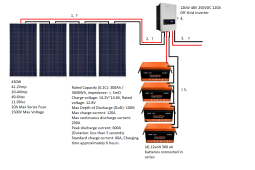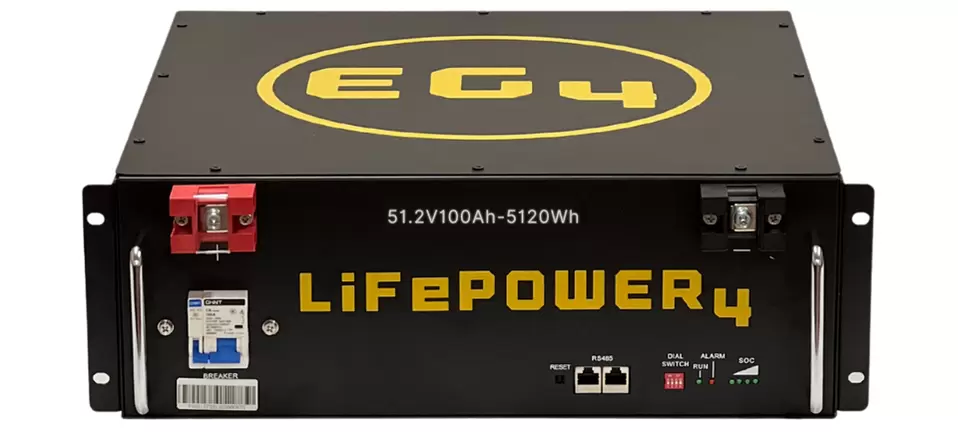I need help with solar setup. So far, I have purchased (4) 300ah 12volt batteries, a shunt, a Growatt 12k inverter from signature solar, and (25) 430W panels. I’m missing breakers, fuses and wires/cables and have no idea what sizes would be required if the inverter was to be utilized to close to it's full potential. Most likely won't be.
My current location is space limited so only 4 panels will be utilized, this is for testing purposes mostly. Full install will be done in a different location sometime this summer. Thank you everyone in advance for your help.
1. What wire gauge? At the most the distance will be 100 feet from panels to inverter.
2. Breaker or Fuse size? if it were a full 24 panel array. Any suggestions which ones to purchase.
3. AC load wires gauge? Are these the cables running into a sub panel? The panel would be next to the inverter.
4. Since this is a 250VDC inverter would five 48v panels in series still work? if it were right at or just under 250volts? Can a device be used to limit the voltage or few parallel strings be necessary for the full array?
5. Battery jumper cable gauge? Any fuses or breakers needed?
Am I missing anything?
My current location is space limited so only 4 panels will be utilized, this is for testing purposes mostly. Full install will be done in a different location sometime this summer. Thank you everyone in advance for your help.
1. What wire gauge? At the most the distance will be 100 feet from panels to inverter.
2. Breaker or Fuse size? if it were a full 24 panel array. Any suggestions which ones to purchase.
3. AC load wires gauge? Are these the cables running into a sub panel? The panel would be next to the inverter.
4. Since this is a 250VDC inverter would five 48v panels in series still work? if it were right at or just under 250volts? Can a device be used to limit the voltage or few parallel strings be necessary for the full array?
5. Battery jumper cable gauge? Any fuses or breakers needed?
Am I missing anything?




